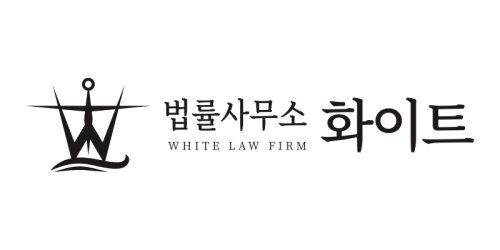Best Dangerous Product Lawyers in South Korea
Share your needs with us, get contacted by law firms.
Free. Takes 2 min.
Or refine your search by selecting a city:
List of the best lawyers in South Korea
About Dangerous Product Law in South Korea:
Dangerous Product law in South Korea is designed to protect consumers from products that may cause harm or injury. Manufacturers, distributors, and retailers have a legal obligation to ensure that the products they sell are safe for consumers to use.
Why You May Need a Lawyer:
You may need a lawyer in cases where you have been injured or suffered harm due to a dangerous product. A lawyer can help you determine if you have a case, navigate the legal process, and seek compensation for your damages.
Local Laws Overview:
Key aspects of South Korean law that are relevant to dangerous products include strict liability for manufacturers, distributors, and retailers, consumer protection laws, and regulations governing product safety standards.
Frequently Asked Questions:
1. What should I do if I have been injured by a dangerous product?
If you have been injured by a dangerous product, seek medical attention immediately and document your injuries. Contact a lawyer who specializes in dangerous product cases to discuss your legal options.
2. Who can be held liable for a dangerous product?
Manufacturers, distributors, and retailers can all be held liable for injuries caused by a dangerous product under South Korean law.
3. How long do I have to file a claim for a dangerous product injury?
The statute of limitations for filing a claim for a dangerous product injury in South Korea is typically three years from the date of the injury.
4. What kind of compensation can I receive for a dangerous product injury?
You may be entitled to compensation for medical expenses, lost wages, pain and suffering, and other damages resulting from a dangerous product injury.
5. Can I file a class action lawsuit for a dangerous product injury?
Class action lawsuits are allowed in South Korea, but they are relatively rare. It is best to consult with a lawyer to determine the most appropriate legal action for your case.
6. Can I return a dangerous product for a refund or replacement?
Under South Korean consumer protection laws, you may be entitled to a refund or replacement for a dangerous product that has caused you harm.
7. How can I prove that a product is dangerous?
You may need to provide evidence such as medical records, expert testimony, and documentation of similar incidents involving the product to prove that a product is dangerous.
8. What should I do if I suspect a product is dangerous but have not been injured?
You can report your concerns to the Korea Consumer Agency or other relevant government authorities for investigation.
9. Can I sue for punitive damages in a dangerous product case?
Punitive damages may be available in South Korea in cases where the defendant's conduct is deemed particularly reckless or egregious.
10. How can a lawyer help me with my dangerous product case?
A lawyer can review your case, advise you on your legal rights, negotiate with the responsible parties, and represent you in court to seek compensation for your injuries.
Additional Resources:
For more information on dangerous product laws in South Korea, you can visit the Korea Consumer Agency website or consult with a consumer protection organization for assistance.
Next Steps:
If you have been injured by a dangerous product and need legal assistance, contact a lawyer experienced in handling dangerous product cases in South Korea to discuss your options and rights under the law.
Lawzana helps you find the best lawyers and law firms in South Korea through a curated and pre-screened list of qualified legal professionals. Our platform offers rankings and detailed profiles of attorneys and law firms, allowing you to compare based on practice areas, including Dangerous Product, experience, and client feedback.
Each profile includes a description of the firm's areas of practice, client reviews, team members and partners, year of establishment, spoken languages, office locations, contact information, social media presence, and any published articles or resources. Most firms on our platform speak English and are experienced in both local and international legal matters.
Get a quote from top-rated law firms in South Korea — quickly, securely, and without unnecessary hassle.
Disclaimer:
The information provided on this page is for general informational purposes only and does not constitute legal advice. While we strive to ensure the accuracy and relevance of the content, legal information may change over time, and interpretations of the law can vary. You should always consult with a qualified legal professional for advice specific to your situation.
We disclaim all liability for actions taken or not taken based on the content of this page. If you believe any information is incorrect or outdated, please contact us, and we will review and update it where appropriate.
Browse dangerous product law firms by city in South Korea
Refine your search by selecting a city.










